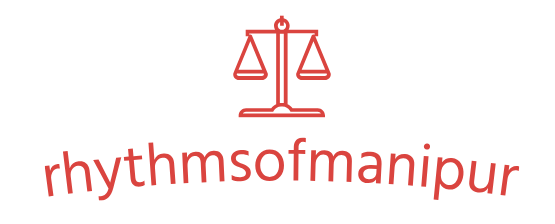Introduction
Legal aid programs play a crucial role in promoting equal access to justice for individuals who may otherwise struggle to navigate the complexities of the legal system. These programs offer essential support and representation to those who cannot afford legal services, ensuring that everyone has the opportunity to assert their rights and seek redress for grievances.
Addressing Socioeconomic Disparities
One of the primary objectives of legal aid programs is to address socioeconomic disparities in access to justice. Individuals from low-income backgrounds often face significant barriers when attempting to access legal services, including financial constraints and a lack of knowledge about their rights. Legal aid programs aim to bridge this gap by providing free or low-cost legal assistance to those in need, regardless of their financial circumstances.
Assisting Vulnerable Populations
Legal aid programs are particularly vital for assisting vulnerable populations who may be at a higher risk of experiencing legal problems. This includes individuals facing issues such as eviction, domestic violence, immigration matters, and discrimination. For many of these individuals, legal aid programs serve as a lifeline, offering crucial support and representation during some of the most challenging moments of their lives.
Empowering Communities
By promoting equal access to justice, legal aid programs help empower communities to advocate for their rights and interests. Through education and outreach initiatives, these programs aim to raise awareness about legal rights and responsibilities, empowering individuals to navigate legal issues more effectively. By strengthening community resilience and cohesion, legal aid programs contribute to the overall well-being of society.
Preventing Injustice
Legal aid programs also play a vital role in preventing injustice by ensuring that individuals receive fair treatment under the law. Without access to legal representation, individuals may be at a disadvantage when facing legal proceedings, increasing the risk of unfair outcomes. Legal aid programs help level the playing field by providing representation and advocacy to those who would otherwise be unable to afford it.
Reducing Court Backlogs
By assisting individuals with legal matters outside of court, legal aid programs help alleviate pressure on the judicial system and reduce court backlogs. Through alternative dispute resolution methods such as mediation and negotiation, these programs help individuals resolve legal disputes more efficiently, saving both time and resources for all parties involved. By promoting timely resolution of legal issues, legal aid programs contribute to the overall efficiency of the justice system.
Fostering Equal Justice Under Law
At its core, the mission of legal aid programs is to foster equal justice under law by ensuring that all individuals have equal access to legal representation and support. By providing legal assistance to those who cannot afford it, these programs uphold the principle that justice should be accessible to everyone, regardless of their socioeconomic status. Through their efforts, legal aid programs help create a more just and equitable society for all.
Conclusion
Legal aid programs play a vital role in promoting equal access to justice and preventing injustice in society. By providing essential support and representation to individuals who cannot afford legal services, these programs help level the playing field and ensure that everyone has the opportunity to assert their rights and seek redress for grievances. As such, the importance of legal aid programs in promoting fairness and equality cannot be overstated. Read more about Legal aid





